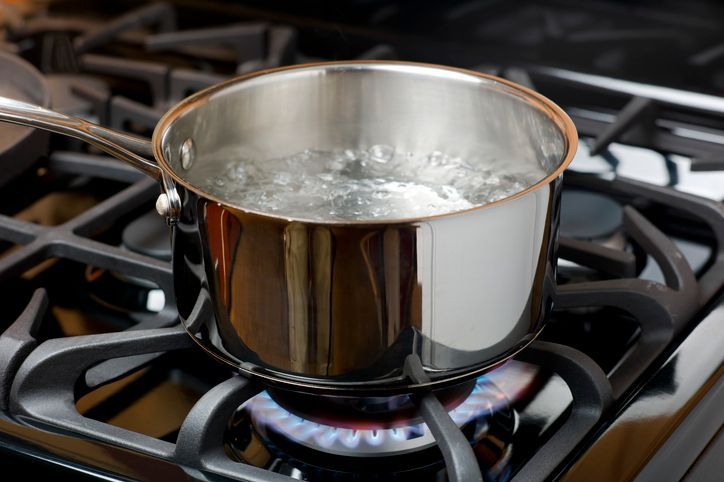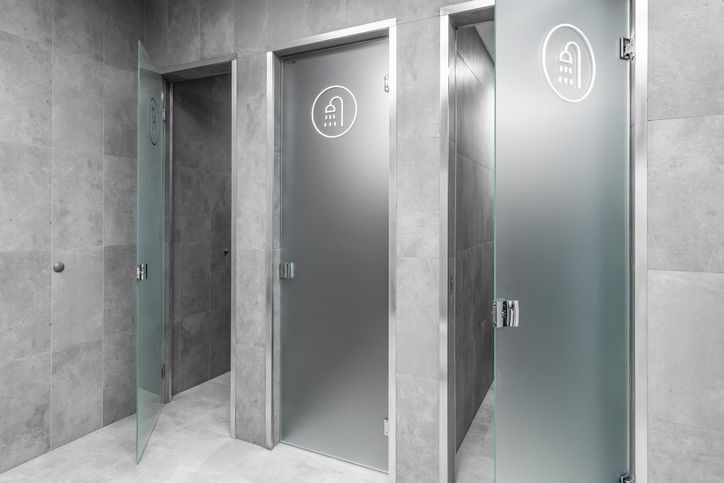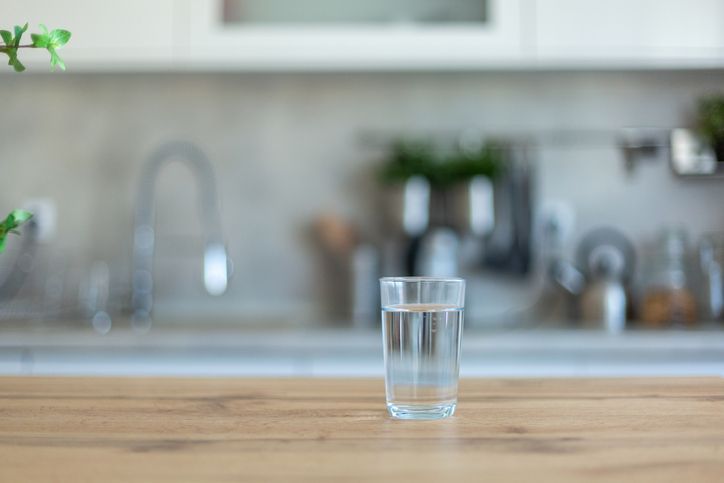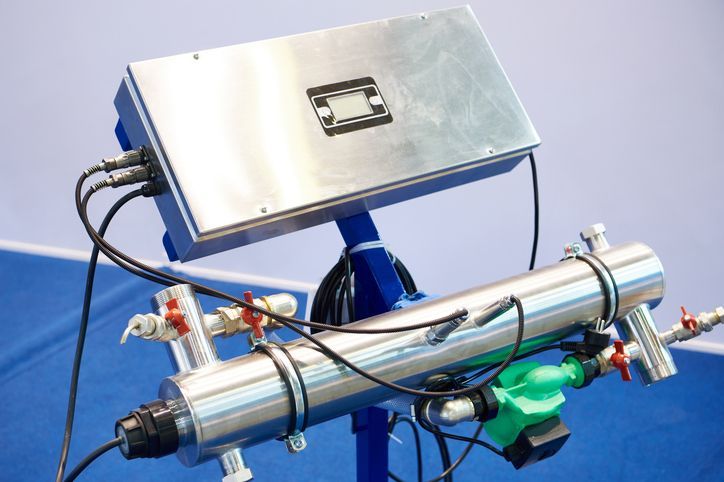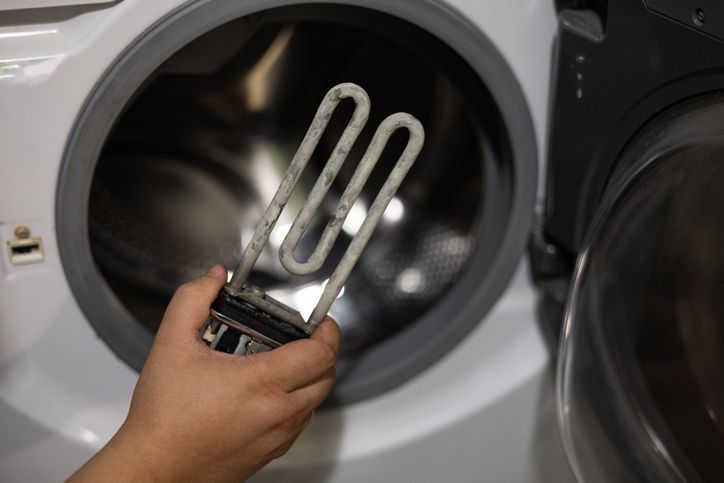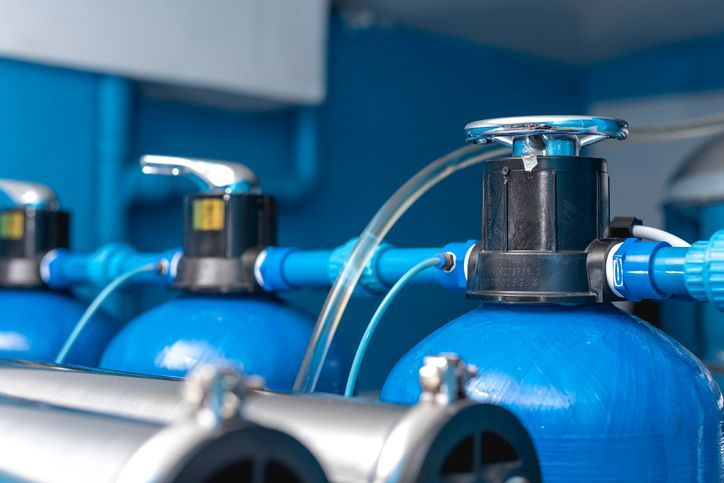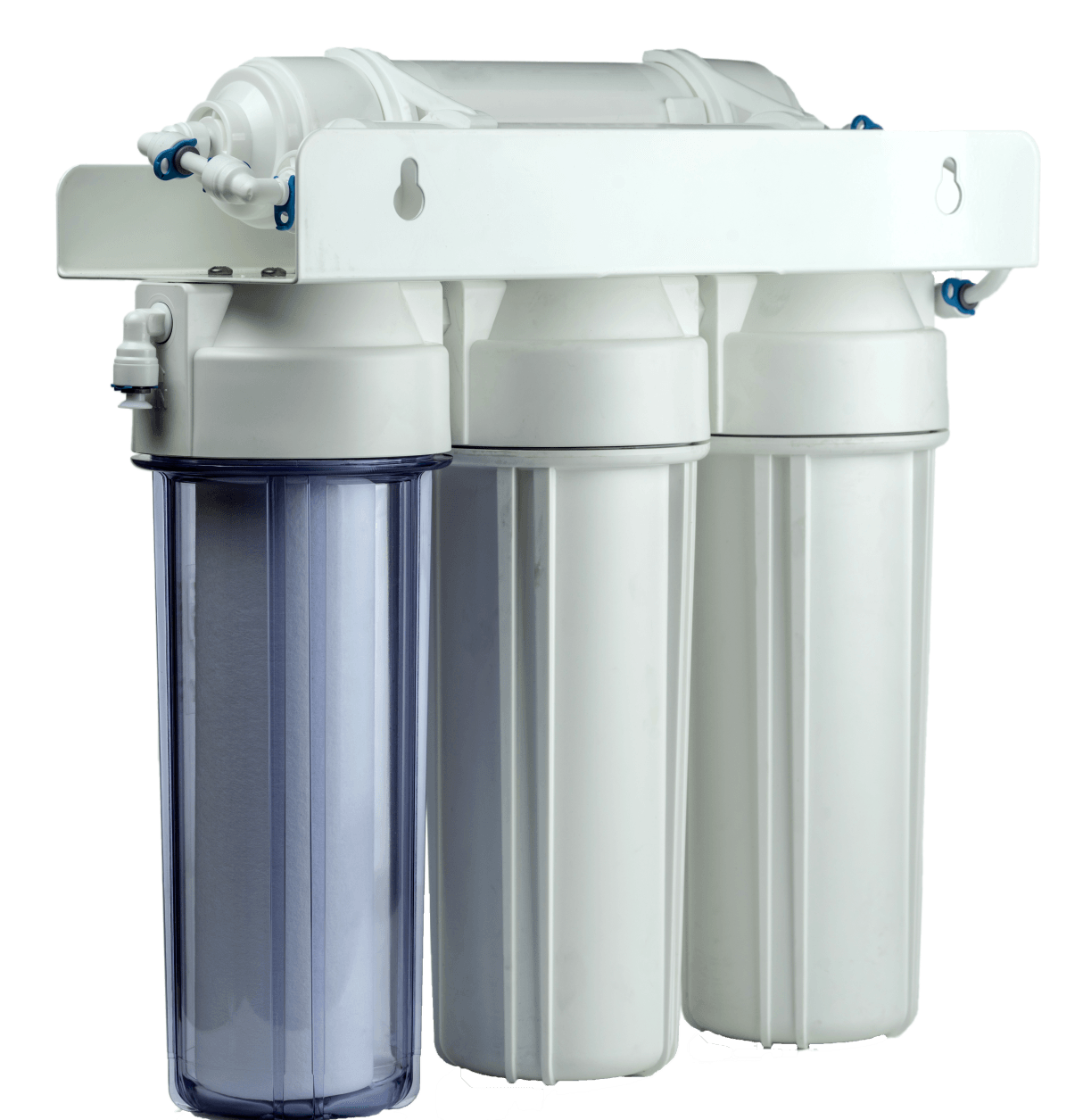How Hard Water is Affecting Your Dishwasher
Hard Water and Your Dishwasher
Hard water is a common issue for many households and can make cleaning your dishes a difficult task. From water spots on dishes to rust in your appliances, hard water causes a variety of issues. Before you can remedy the problem, it is important to first understand what hard water is.
What Causes Hard Water?
Hard water contains an abundance of minerals such as calcium and magnesium that leave behind limescale residue. The minerals that cause hard water tend to be natural to the soil in the region, making them a normal component of your local water table.
Whether you have tap or well water, you can experience hard water. Hard water is not a threat to your health, but it can cause issues with your appliances, pipes and can make showering, laundry, and cleaning difficult because it reduces the effectiveness of soap.
How Can I Prevent Water Spots or Cloudy Dishes?
Water spots are most noticeable on glasses, but you may also be noticing the chalky white spots on your dishes, giving them a chalky appearance. To resolve this issue, you can:
Hard water detergent- Since hard water makes it difficult for soap to suds, you can utilize a detergent that is specifically formulated to work effectively with hard water.
Rinse aid- If you’ve only noticed a few spots, you can load up your dishwasher with rinse aid. Fill up your rinse aid dispenser, or be sure to splash some in if your dishwasher isn’t equipped with a rinse aid dispenser.
My Dishwasher has a Chalky Residue. Now What?
This chalky residue is called scale, caused by the minerals within the hard water. If your dishwasher cannot keep itself clean, it is not likely to get your dishes clean. This buildup of scale can also cause your dishwasher pieces to become clogged and can also damage the various components. You will need to clean out the scale before it becomes a bigger issue.
As the scale builds up, you can run your dishwasher empty with white vinegar. Vinegar contains acid that will break down the scale, allowing the water to rinse it away. Place a bowl of vinegar in the top tray of the dishwasher and run the cycle on hot.
Identifying Rust in Your Dishwasher
The chalky minerals or salts in hard water can lead to rust and corrosion, causing damage to the components of your dishwasher. Rust or corrosion is a major issue and can cease the functioning of your dishwasher. If you experience rust, you can:
Replace the rusty components.
Rust causes structural damage to the dishwasher, so if it has not broken down yet, it will likely do so soon. You will want to plan to purchase replacement components. Keep in mind that any components with signs of rust will need to be replaced.
Water Softener Installation
The solutions discussed throughout this article are all quick fixes, but they will not get rid of the hard water. The best way to resolve these issues once and for all is to install a water softener.
A water softener works by removing the harmful minerals from the water and converting them to soft water.
This will help keep your dishwasher and other water-running appliances working effectively. If you are having issues with hard water, contact Aqua Solutions today!
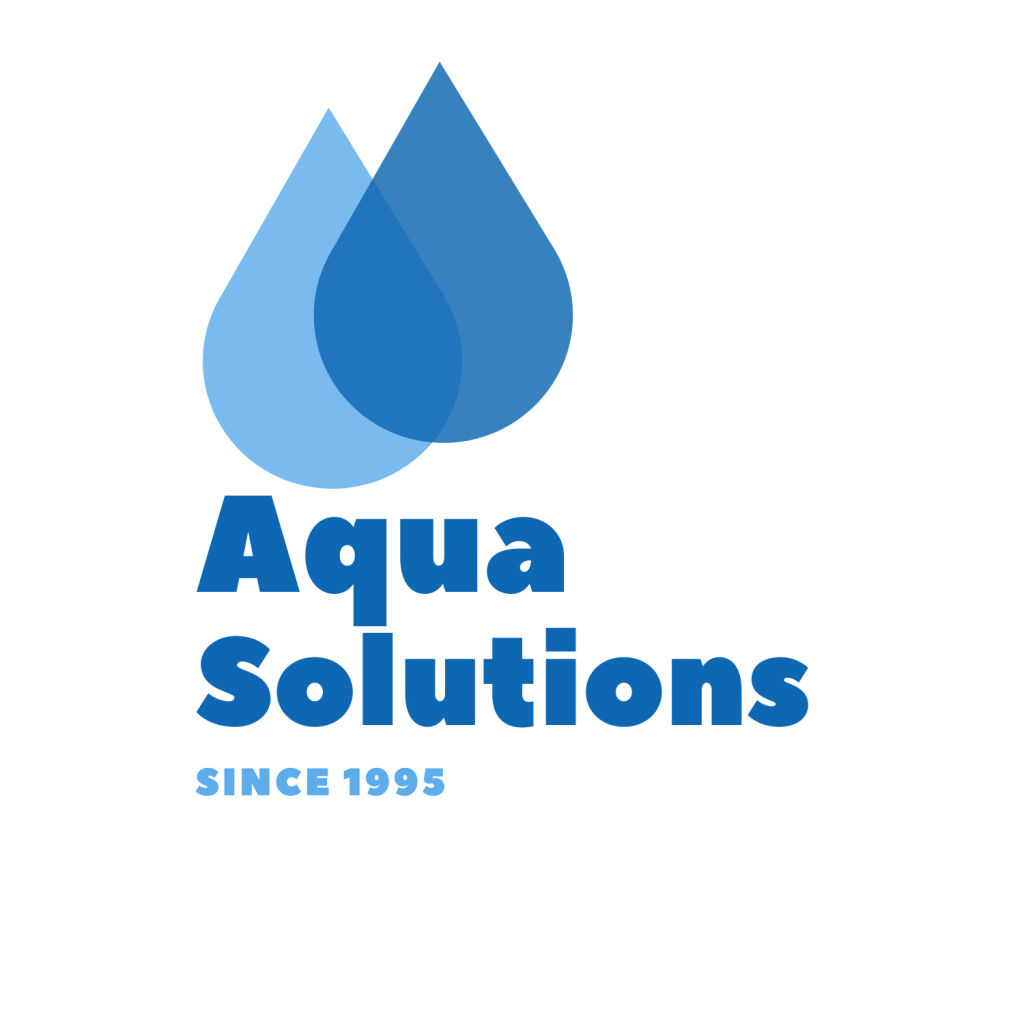
Author:
Gary Monks
Gary Monks has led Aqua Solutions since 1997, earning recognition as a water treatment expert with 25 years of experience. Renowned in Butler, he has won the Best Water Treatment award for three years and actively supports the community, including local sports and radio engagements.
